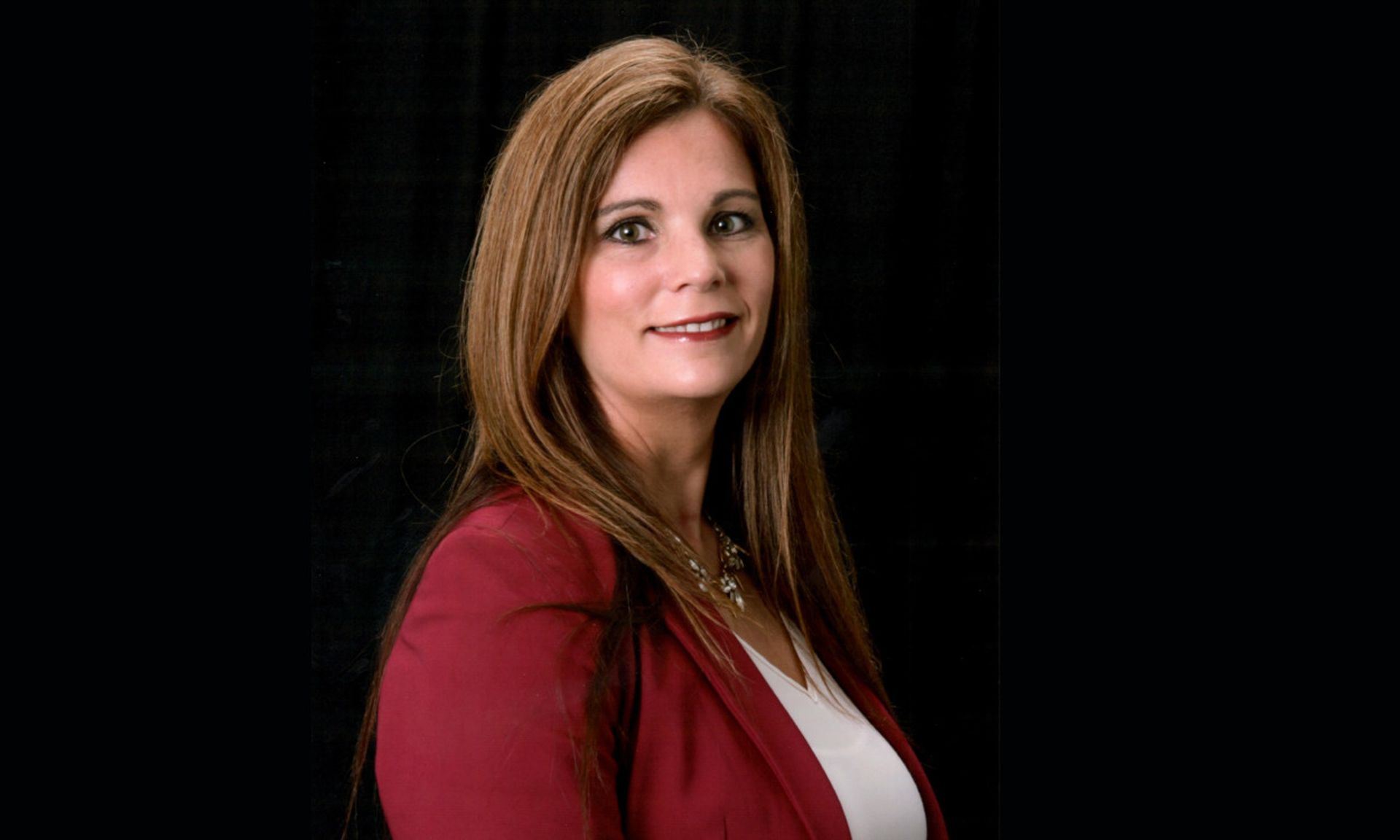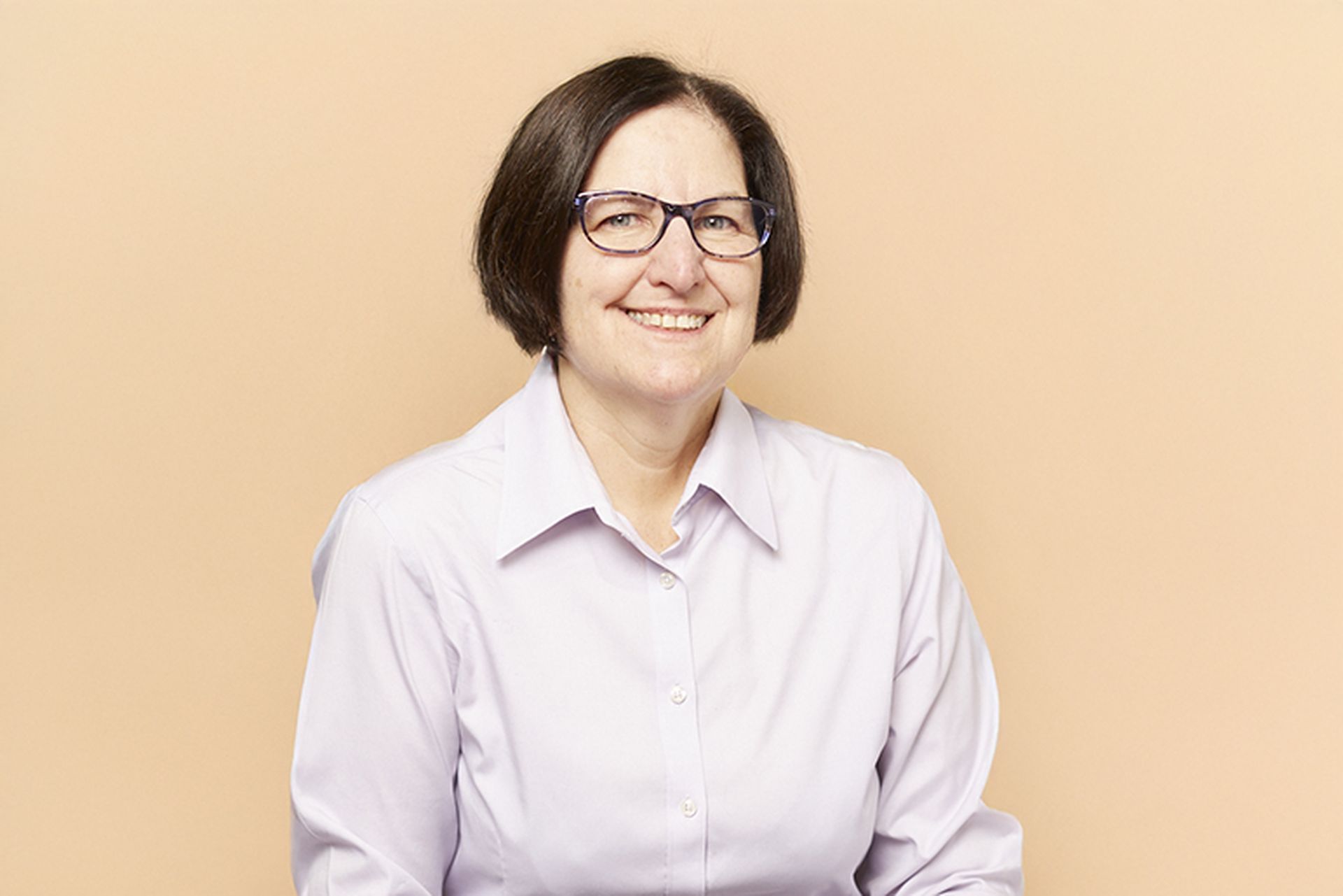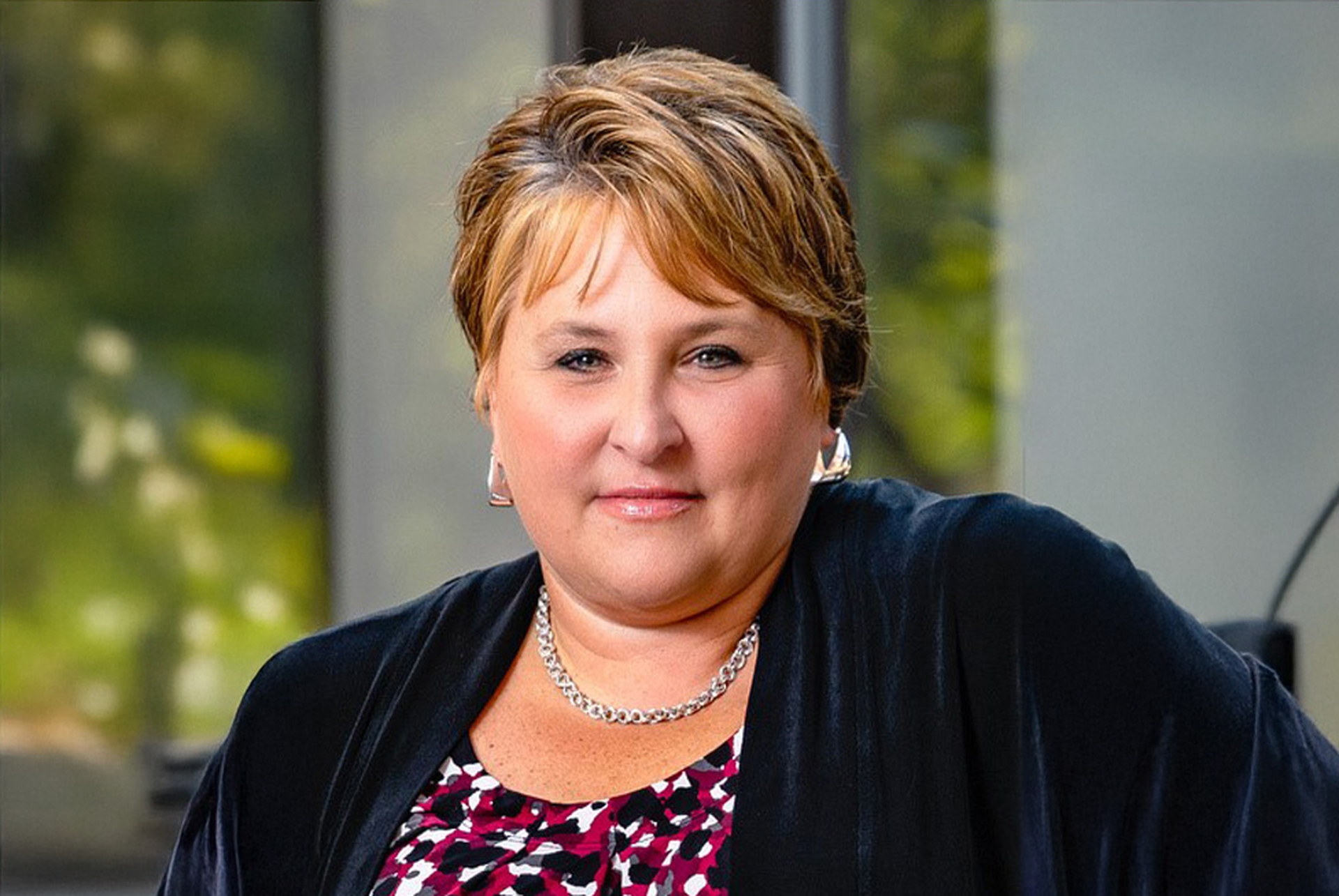Stephynie Velez entered cybersecurity as a matter of national necessity.
Fifteen years ago, working in as an intelligence analyst covering transportation issues for Air Force Special Operations Command, she saw a growing threat space across her supply chain.
“It was a time when there weren’t cyber threat analysts — they weren’t sure if you needed to take cyber personnel and make them learn intelligence analysis or the other way around,” said Velez.
Velez was the other way around.
“If you had asked me 20 years ago if I would be working in cybersecurity, I’d say I was a C student from Indiana who thought it was a miracle when a computer turned on.”
Velez took on every learning opportunity she was able to get her hands on — course work, self-teaching, a few food mentors — and worked her way into the burgeoning field of a cybersecurity analyst and beyond. By late 2016, she led the Air Force Office of Special Investigations cyber investigations and counterterrorism.
The lesson from her experience, she said, which she tries to impart on mentees in programs like Cyber Patriot and the Women’s Society of Cyberjutsu, is that “When someone asks for volunteers and no one is raising their hand, raise your hand.”
Click here for full coverage of the SC Media 2021 Women in IT Security
Now a senior cybersecurity engineer at Noblis ESI, a federal technology solutions provider, she still works as a contractor for the Air Force, a role she relishes. She is an integral member of several intelligence community working groups focused on creating proactive approaches for engaging the defense industrial base and protecting critical technologies and supply chains, and she advises on joint counterintelligence and cyber operations to find, fix, track and naturalize foreign threats to defense networks and capabilities of importance.
“I’m excited to work for the war fighters. It’s the people — the sense of service, the way they view problems. They’re dedicated. They challenge you,” she said.
As a mentor, Velez tries to raise excitement for cybersecurity roles that go beyond being the guy in the hoodie (“even though I love the guys with hoodies,” she said).
“I’ll have them take out a cell phone, send a text and delete it, and then I’ll recover it,” said Velez, emphasizing the excitement of forensics and analysis.
And with groups like WSoC, she is able to take that message to people who traditionally don’t receive it.
“I think of my daughters,” she said. “I don’t see them presented with the same opportunities.”




